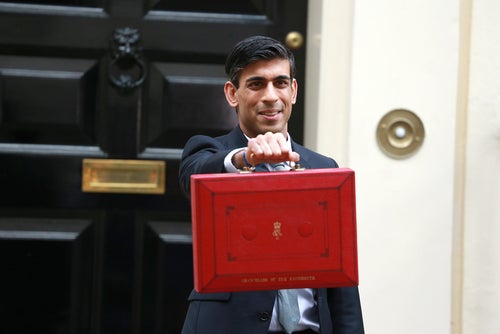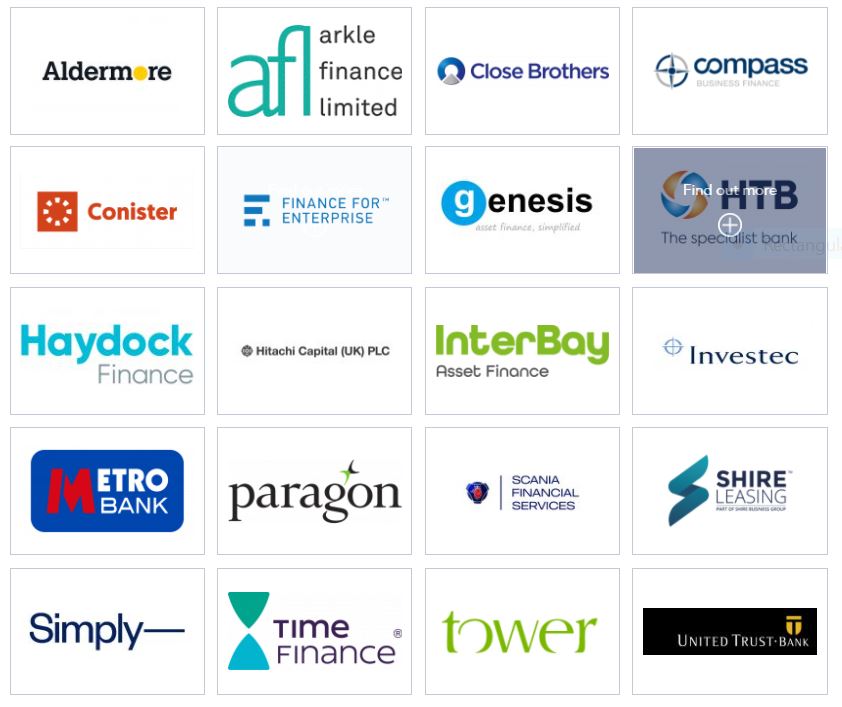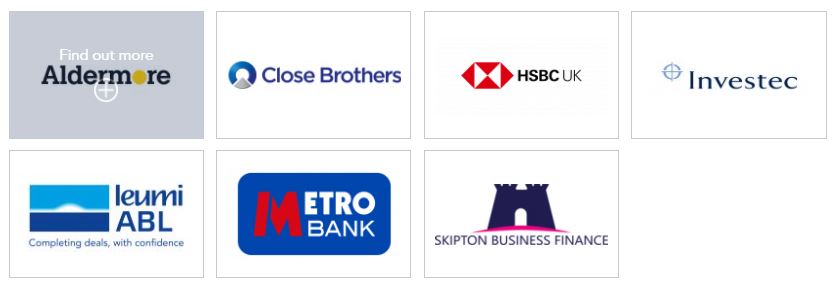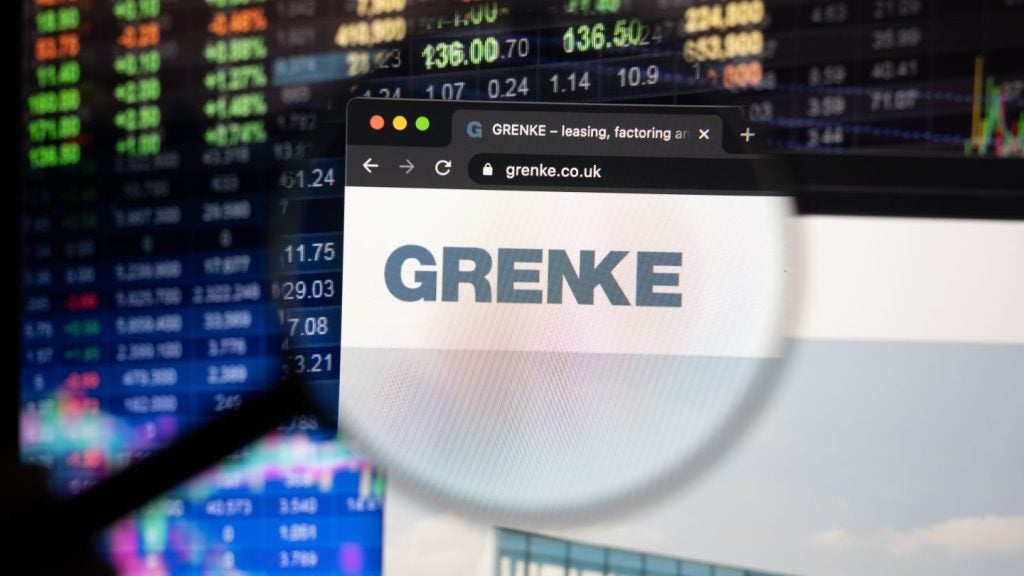
The UK government’s decision to extend the Recovery Loan Scheme by six months has been widely supported by the asset finance and leasing sector. Alejandro Gonzalez reports
At the end of October, Chancellor Rishi Sunak delivered his Autumn Budget 2021 which he said would, “begin the work of building an economy post-pandemic”. As part of his package of announcements, Sunak unveiled in the aftermath of the Budget an extension of the Recovery Loan Scheme (RLS) until 30 June 2022.
The RLS scheme, created to provide government-backed loans to businesses hardest hit by the pandemic, has been widely championed by UK SME lenders and asset finance providers.
The reasons for its popularity among lessors are clear to see. The RLS originally provided government-backed loans starting from £25,000 up to a maximum ceiling of £10m, with interest rates capped at 14.99 per cent, via term loans, overdraft, invoice finance and asset finance facilities.
Currently, 20 established challenger banks and specialist funders are asset finance accredited lenders for scheme administrator, the British Business Bank, while seven such lenders are accredited to provide invoice finance facilities.

Twenty accredited asset finance providers of the Recovery Loan Scheme

Seven accredited invoice finance providers of the Recovery Loan Scheme
Sunak said the scheme would also attract fresh conditions for applications from the outset of 2022. The revamped scheme will only provide a maximum of £2m per business for applications from 1 January 2022 and attract a government guarantee 70 per cent of all funds provided to lenders instead of the previously guaranteed 80 per cent.
In addition, the scheme will be open exclusively to small and medium-sized enterprises (SMEs) from 1 January 2022.
The administrators of the scheme, the British Business Bank, recently said the RLS had passed a significant milestone since its launch in April with 76 accredited loan providers issuing over £1 billion to small businesses across the UK.

John Phillipou of Paragon Bank
Paragon Bank’s head of SME Lending, John Phillipou, said: “As an SME funder, we welcome the extension of the Recovery Loan Scheme. One of the great things about the scheme is that it has relatively simple eligibility criteria, which has helped both lenders and borrowers. It is designed to either allow funding for SMEs at a reduced cost, or to facilitate loans that lenders would struggle to fund as part of their everyday ‘business as usual’ policy – including innovative, technologically advanced and green assets.
“In the past, a lot of traditional lenders might have shied away from assets that aren’t ‘tried and tested’, which means highly innovative assets sometimes struggle to secure funding. The security provided through RLS will help address this for the long-term and will give lenders the opportunity to adjust this BAU credit policy. The scheme is offering funders the opportunity to be innovation-focused and support businesses through their own transformation, whether they’re looking to embrace emerging tech or work towards a more sustainable future. By extending the scheme, the Chancellor is giving funders broader scope to adjust their credit policies, which can only improve the long-term impact of RLS on facilitating access to funding for SMEs.
“Ultimately, RLS is a stable product that is a great tool to power SMEs in their recovery from the pandemic. As well as this, the long-term impact of the scheme will be easier access to funding for assets that are at the forefront of innovation, including technology in the green space.”

Simon Goldie of the FLA
Simon Goldie, director of business finance at the Finance & Leasing Association, said: “This welcome move provides some certainty on business funding in the interim, albeit with a lower guarantee of 70%, but a permanent successor to the RLS must be developed.
“We have already recommended to Government that the new scheme should retain the best features of the RLS – the assignment of guarantee and retention of the lender fee arrangement. But it should also mirror the abiding principle behind the Enterprise Finance Guarantee asset finance variant, which was designed to ensure that lenders could provide funding for either assets or businesses that were outside of their usual risk appetite. This was a very successful way to get funding into every corner of the economy.”

Ed Rimmer of Time Finance
Ed Rimmer, chief executive at Time Finance, said: “What we need to understand about the Recovery Loan Scheme is its wider implications on alternative funding solutions. RLS does what it needs to; it’s a cheap source of funding to aid recovery. That said, there was a huge emphasis on economic growth in today’s budget and there are a multitude of alternatives to RLS that can be much more effective in facilitating business growth.”
The UK Autumn budget was an opportunity for the government to also lay out its Spending Review, the government’s spending plans over the next three years, from 2022/23.
This includes several measures to support smaller businesses, to be delivered by the British Business Bank.

Catherine Lewis La Torre of the BBB
Catherine Lewis La Torre, chief executive of the British Business Bank, said: “The package the Chancellor has announced today enables us to build on our range of programmes to support sustainable economic growth by increasing the supply, diversity and demand for finance for UK smaller businesses.
“We welcome the provision of this funding to deliver our expanded programme of activity, enabling us to make over £4.9bn of financial commitments and loans. This includes £1.6bn to provide investment funds for the Devolved Nations, and the North, Midlands, and South West of England, £150m to invest alongside business angels across the UK, and resources to provide 33,000 Start-Up Loans over the next three years.”
“A six-month extension to the Recovery Loan Scheme will also provide valuable support for smaller businesses as they look beyond the pandemic towards the opportunities available to them in the recovery.”
However, the RLS was not met with full support from the fintech sector. Simon Cureton, CEO of Funding Options, told Finextra: “This may be an unpopular opinion, but I don’t think the Chancellor extending the RLS is a good thing. The optics may look good for the government as it suggests the helping hand remains outstretched for small businesses, albeit on reduced terms, but just look at the limited take-up so far.
“The alternative finance community, in particular, is not blind to the notion that the RLS scheme is the Enterprise Finance Guarantee (EFG) scheme repackaged and renamed. It’s too early to judge perhaps, but there’s little doubt EFG is not regarded as a resounding success and I fear RLS faces the same fate.”







